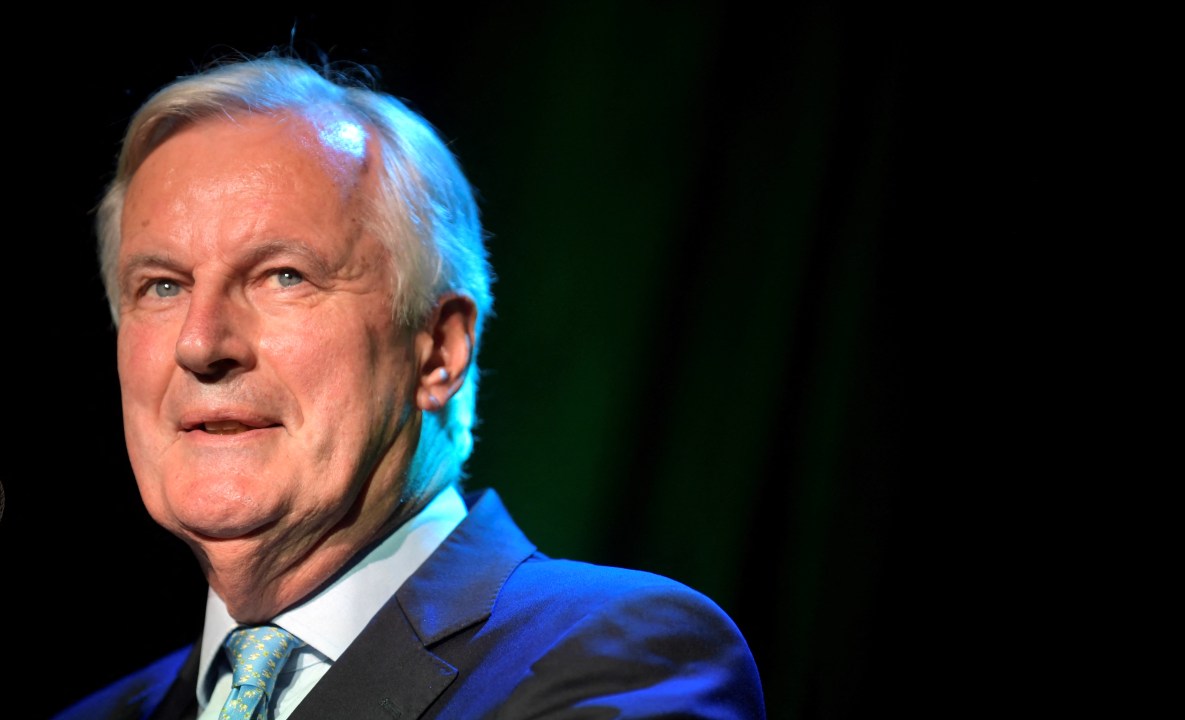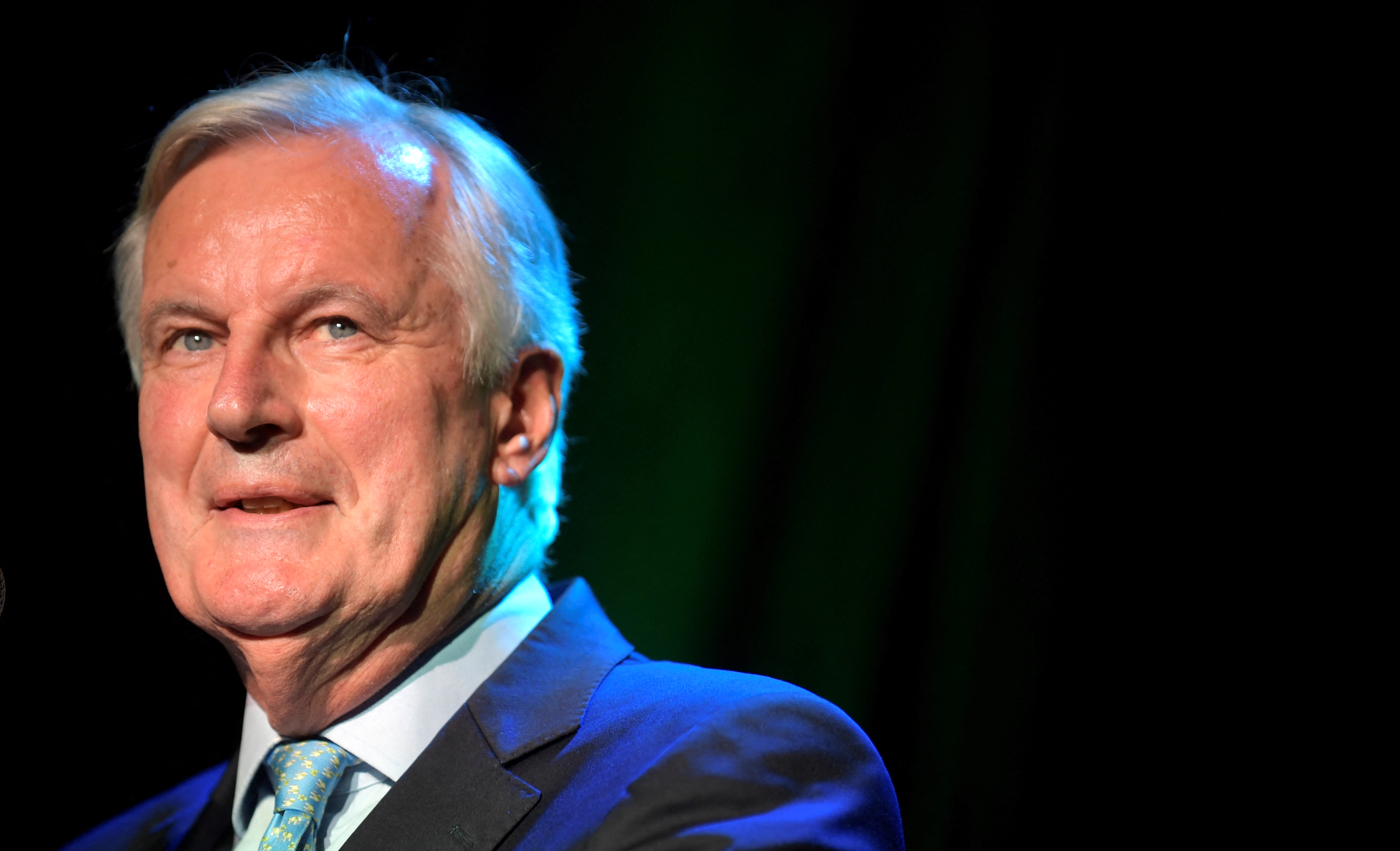Michel Barnier is running for president of France as a Eurosceptic. He’s talking about pulling back powers to the French state and installing ‘a sovereign shield’ to allow France to impose its own immigration policy.
But he’s about as credible as a vegan crocodile.
Barnier was at the scene of the crime when the French voted (by a 55 per cent majority) in 2005 to reject the treaty establishing a new European constitution. In a great betrayal of democracy, voters were simply ignored and the government signed the document anyway, relabeled as the Lisbon Treaty. Barnier was present and materially involved in this scam, which makes his current Eurosceptic claims absurd — a naked effort to be elected president by the very voters for whom he has shown utter contempt.
His deal has left both Britain and Europe with a toxic, dysfunctional agreement
Barnier’s proposition to French voters is thin. His political journey has been long and undistinguished. A technocrat, he was a member of Rassemblement pour la République, the nominally Gaullist mainstream conservative party that is now a shadow of its former self. Other than a greater Europe, it’s hard to discover if Barnier has ever believed in anything.
Briefly foreign minister, Barnier disappeared in a puff of smoke over 20 years ago, exiled to Brussels as commissioner for the regions. He was elected to and briefly was a member of the European parliament. But the work evidently didn’t suit and six months later he returned to the Commission, as commissioner for the single market.
Barnier has spent the last five years as the Commission’s Brexit negotiator, with catastrophic results. He adopted an aggressive, legalistic, punitive approach designed to discourage any further secessions from provinces of the EU empire. His deal has left both Britain and Europe with a toxic, dysfunctional agreement that has caused endless conflict before, during and subsequent to its ratification.
What motivates Barnier is unclear. Despite the massive enthusiasm for him in the ranks of British remainers and rejoiners, he has little chance of being elected president, registering barely 5 per cent in recent polls, far behind rival Républicains Xavier Bertrand and Valérie Pécresse.
It’s unclear when Barnier concluded he was capable of being president but for years he has yearned to be prime minister. So maybe his ridiculous presidential run is an audition for the job, a reintroduction to a country that had all but forgotten him. His problem is that he remains largely forgotten.
Perhaps he’s running in the service of a greater conspiracy, although it’s hard to imagine any political plot in which Barnier might be a critical ingredient. Perhaps he’s just running to provide British correspondents in Paris, who seem obsessed with him, something to write about.
The takeaway from Barnier’s campaign thus far has been his frankly incredible claim to have become Eurosceptic. He has promised to ban non-EU immigration for five years, but this is meaningless because he can’t unilaterally suspend free movement within the EU. And anyway, thanks to Schengen the French frontiers are essentially undefendable.
He says now that he wants to curb the European courts. Yet simultaneously he calls for the imposition of EU law on the Poles. Consistency might not be the mark of a great politician but this just looks ridiculous.
What is Barnier for? Nobody knows. Of course, none of this has affected the enthusiasm of the Guardian and the BBC for whom the hopeless Mr Barnier is some kind of hero. French voters are meanwhile entirely indifferent to him. It would take a miracle for this superannuated Eurocrat to become the Républicain candidate for the presidency, another miracle for him to make it into the second round of voting, and a third for him to step into the Elysée in May 2022. And as French voters know all too well, there is nothing miraculous about Michel Barnier.








Comments